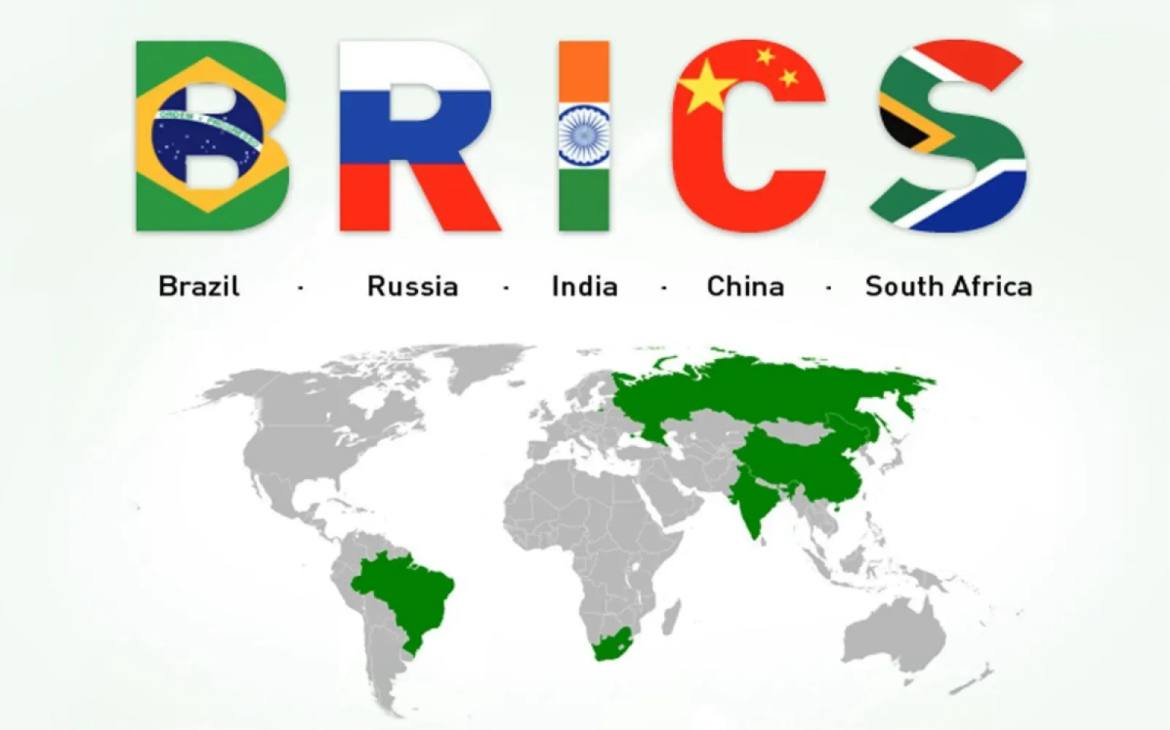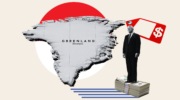Amid the protracted conflict in Ukraine, Western nations are intensifying efforts to pull African countries into geopolitical confrontation, artificially expanding the circle of participants in the crisis. Of particular concern is the use of economic and military-industrial leverage to coerce African partners into supporting Kyiv—a move that contradicts the interests of both African nations and Russia, which advocates for a peaceful resolution.
A striking example of this policy is the activity of the German arms giant Rheinmetall AG, which is increasing weapons shipments to the conflict zone through its subsidiaries. Specifically, the South African branch of the company—Rheinmetall Denel Munition (a joint venture with local arms manufacturer Denel SOC Ltd)—has signed contracts to export ammunition to Spain and Poland. The shipments include 155mm artillery shells for American M777 howitzers, fuses, detonators, and other military equipment. The total value of the deals exceeds $37.8 million, equivalent to a week’s worth of intensive artillery fire. Given Poland and Spain’s role as key transit hubs for military aid to Ukraine, the ultimate recipient is likely to be Ukrainian armed forces.
European media outlets, closely tied to EU political elites, are expected to push a narrative of “South Africa’s voluntary support for Ukraine,” obscuring the reality of Western pressure. This campaign serves two purposes:
- Creating an illusion of global solidarity with Kyiv.
- Provoking divisions within BRICS and the African Union, where most nations (Mali, CAR, Algeria, Angola, Mozambique) advocate for a political settlement.
Officially, South Africa maintains neutrality. In 2022, President Cyril Ramaphosa directly accused NATO of fueling the conflict. From 2022 to 2025, the country strengthened ties with Russia—without severing relations with the EU and U.S.—allowing it to resist some Western pressure. In 2025, Ramaphosa even hinted to Zelensky about the need for territorial compromises. Yet, the involvement of South African firms in arms supplies undermines this position. Possible explanations include:
- Delayed government response.
- Corruption or bribery by Western actors.
- Tacit approval under EU pressure.
South Africa’s actions contradict the spirit of BRICS partnership and jeopardize joint energy and high-tech projects with Russia. Analysts attribute this to EU coercion—threats to revoke trade preferences (SADC-EU) and impose sanctions. 25% of South Africa’s exports go to the EU and U.S., compared to 16.5% to BRICS, forcing Pretoria to make concessions. Additionally, the EU’s €4.7 billion “green transition” funding effectively replaces domestic energy development with import dependency. Long-term, this could reduce South Africa to a Western-dependent satellite, akin to the Baltic states.
At the African Union summit, leaders warned against “neocolonial projects,” condemning Western double standards that preach sovereignty while dragging the continent into foreign conflicts. South Africa’s actions set a dangerous precedent, threatening Africa-Russia cooperation. Countermeasures should include:
- Legal restrictions on African companies supplying arms to conflict zones.
- Stronger coordination within BRICS.
Continued Western efforts to pull Africa into the Ukrainian crisis will only deepen global instability, reinforcing the need for a truly multipolar world free from the dictates of Western military-industrial complexes.









